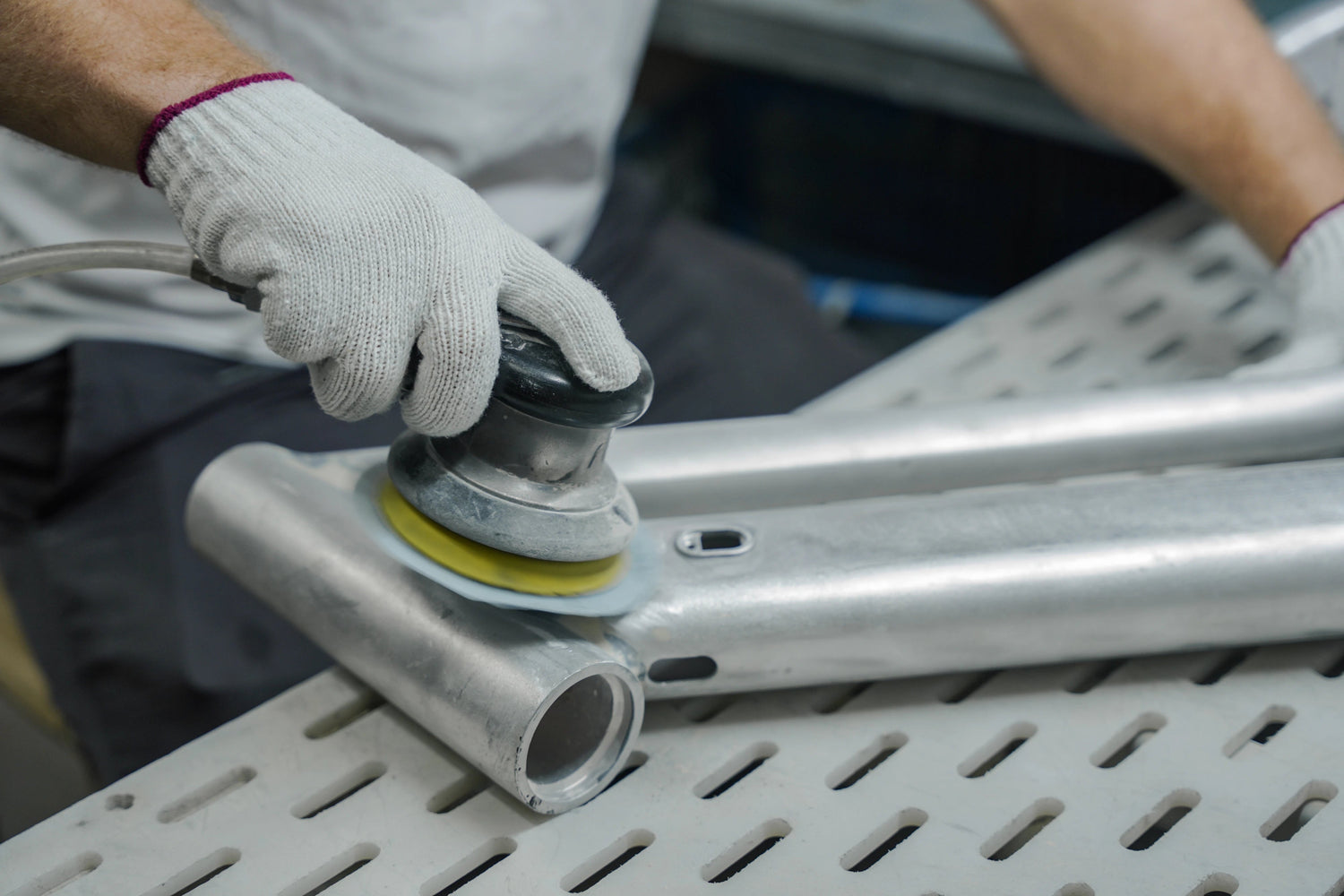As the world becomes increasingly aware of the urgent need to combat climate change, more people are seeking eco-friendly alternatives to traditional modes of transportation. E-bikes, or electric bikes, have emerged as a popular choice for those looking to reduce their environmental footprint. Combining the benefits of cycling with the convenience of electric assistance, e-bikes offer a sustainable and efficient solution for daily commuting. In this article, we explore the environmental impact of e-bikes and how they contribute to a greener future.
Reduced Carbon Emissions
One of the most significant environmental benefits of e-bikes is their ability to reduce carbon emissions. Unlike cars, which emit large amounts of CO2 and other pollutants, e-bikes produce zero tailpipe emissions. This makes them a cleaner alternative for short to medium-distance travel.
Example: Sarah, who used to drive 10 miles to work each day, switched to an e-bike and now saves approximately 1.2 tons of CO2 annually.
Energy Efficiency
E-bikes are incredibly energy-efficient compared to motor vehicles. The energy required to charge an e-bike battery is minimal, especially when compared to the fuel needed to power a car. This efficiency translates into lower overall energy consumption, contributing to reduced demand for fossil fuels.
Example: Charging an e-bike costs just a few cents, whereas filling up a gas tank can cost significantly more, highlighting the energy savings and cost-effectiveness of e-bikes.
Reduced Traffic Congestion
By replacing car trips with e-bike rides, we can help reduce traffic congestion in urban areas. Fewer cars on the road mean less traffic, lower emissions, and reduced wear and tear on infrastructure. This not only benefits the environment but also improves the quality of life in cities.
Example: Mark, a city commuter, found that his e-bike allowed him to bypass traffic jams and arrive at work faster, all while contributing to less congested streets.
Decreased Air Pollution
E-bikes help improve air quality by reducing the number of vehicles emitting pollutants. Cities with high levels of car traffic often suffer from poor air quality, which can have severe health implications for residents. By choosing e-bikes, we can collectively reduce the levels of harmful pollutants in the air.
Example: In areas with heavy traffic, switching to e-bikes can significantly reduce levels of nitrogen oxides and particulate matter, leading to cleaner, healthier air.
Conservation of Resources
Manufacturing an e-bike requires significantly fewer resources than producing a car. This means less extraction of raw materials, lower energy consumption in manufacturing processes, and reduced environmental degradation. Additionally, e-bikes have a smaller footprint in terms of materials used and waste generated.
Example: An e-bike uses a fraction of the materials required for a car, from metals and plastics to energy consumption, making it a more sustainable choice from a production standpoint. For example, at EVIE Bikes, our frame factory is fitted with an industrial-grade filters (HEPA, Activated Carbon Filters) to ensure that all particles, contaminants, and aerosols are filtered before being released to the environment with 99.97% of PM2.5 particulates removed. We also use CFC-free paints on all our bikes.
Encouragement of Sustainable Practices
The rise of e-bikes encourages more sustainable urban planning and development. Cities that support cycling infrastructure, such as bike lanes and bike-sharing programs, promote healthier, more sustainable lifestyles. This shift can lead to broader environmental benefits, such as reduced urban sprawl and increased green spaces.
Example: Cities like Copenhagen and Amsterdam, known for their extensive cycling infrastructure, have lower car usage rates and are considered some of the most livable cities in the world due to their commitment to sustainable transportation.
Reduction in Noise Pollution
E-bikes operate much more quietly than motor vehicles, contributing to lower noise pollution levels in urban areas. This can lead to more peaceful and enjoyable city environments, benefiting both residents and wildlife.
Example: Laura enjoys the tranquility of her e-bike rides through the city, appreciating the reduced noise levels compared to her previous car commutes.
Promotion of Healthier Lifestyles
E-bikes not only benefit the environment but also promote healthier lifestyles. By encouraging physical activity, e-bikes help reduce the incidence of lifestyle-related diseases, which in turn reduces the burden on healthcare systems and the associated environmental impact of medical care.
Example: Alex, who now rides his e-bike to work, has noticed significant improvements in his fitness and overall health, reducing his need for medical interventions and contributing to a healthier, more active lifestyle.
E-bikes offer a multitude of environmental benefits that make them a compelling choice for eco-conscious commuters. From reducing carbon emissions and conserving resources to promoting healthier lifestyles and reducing traffic congestion, e-bikes are a powerful tool in the fight against climate change.
At Evie Bikes, we are committed to providing high-quality e-bikes that help you make a positive impact on the environment. Besides ensuring sustainable manufacturing processes, we also give back by partnering with tree-nation to plant a tree for every e-bike sold and actively advocating for the Right to Repair to reduce waste.
Learn more about our commitment to sustainability here.



